TANAKA LABORATORY
Overview
In this lab, we focus on genome information, often regarded as the blueprint of life, and engage in research activities primarily through a bioinformatics approach. Depending on the research theme, we may also collect and manage samples from target organisms and environments, conduct molecular biology experiments, perform fieldwork, and carry out historical and archaeological research.
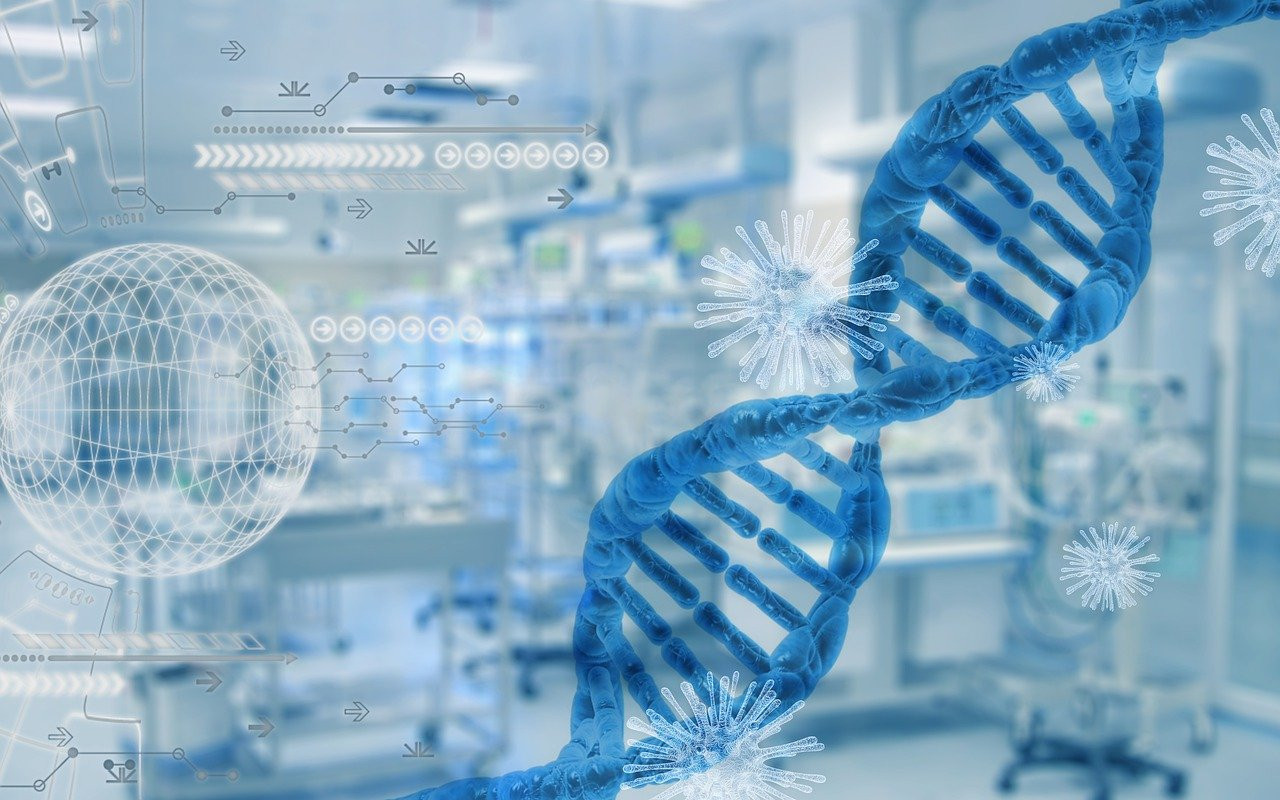
Principal Investigator

Associate Professor
Keisuke TANAKA, Ph.D.
(Google Scholar, ResearchGate, ORCID)
- k3tanaka23[at]rsch.tuis.ac.jp
- (Please change [at] to @.)
- Research area
- Development and application of genomic analysis technology using next-generation sequencers
Research Topics
Genome decoding of vegetables and fruit trees
- 【keywords】
- Genetic diversity, Genetic resources, Traditional vegetables, Smart breeding, Agrigenomics
- As the terms “biodiversity” and “genetic diversity” are well-established, it is estimated that there are currently 1.75 million species of organisms on the earth, with 8.7 million species actually existing. The earth is truly a “treasure trove of genetic resources. At the same time, however, the accelerating pace of environmental change and the population explosion on a global scale have made the loss of genetic resources and the food crisis an urgent issue. It has also been reported that in Japan, traditional vegetables indigenous to each region are in danger of disappearing due to the decrease in the number of farmers. Therefore, the objective of this research is to decode and maintain genome information of important genetic resources, and store and manage them as digital information in order to support smart breeding, which will play a part in the next generation of agriculture. Recently, we succeeded in decoding the entire genome of Koshu, a grape variety indigenous to Japan (Tanaka et al. 2020). Furthermore, we are currently working on the whole genome decoding of Ashitaba, a traditional vegetable cultivated mainly on the islands of Tokyo. This research is attracting attention as a fusion field of agriculture and informatics, known as “agrigenomics.



Single cell-scale genetic information analysis
- 【keywords】
- Somatic mutation, Aging, Cell fate, Genomic instability, Medical genomics
- One of the recent technologies attracting attention in genome science is “single-cell analysis. This technology can be used to analyze genomic information and gene expression variation in each of the 37 trillion cells that make up the human body. By using this technology, we hope to evaluate the degree of cellular aging, cell fate, and genomic instability by analyzing the amount of variation between somatic cells within the same body. Currently, we are exploring both molecular biology experimental protocols and bioinformatics analysis tools in parallel. This research is being focused on as a combined field of medicine and informatics, known as 'medical genomics'.

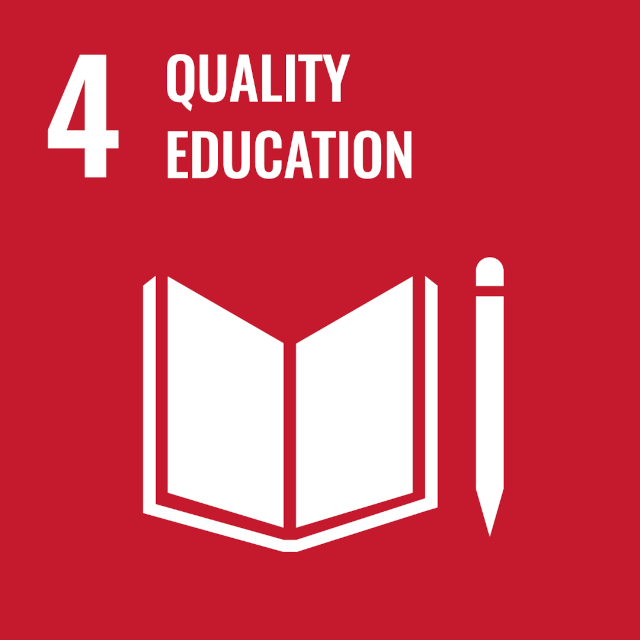
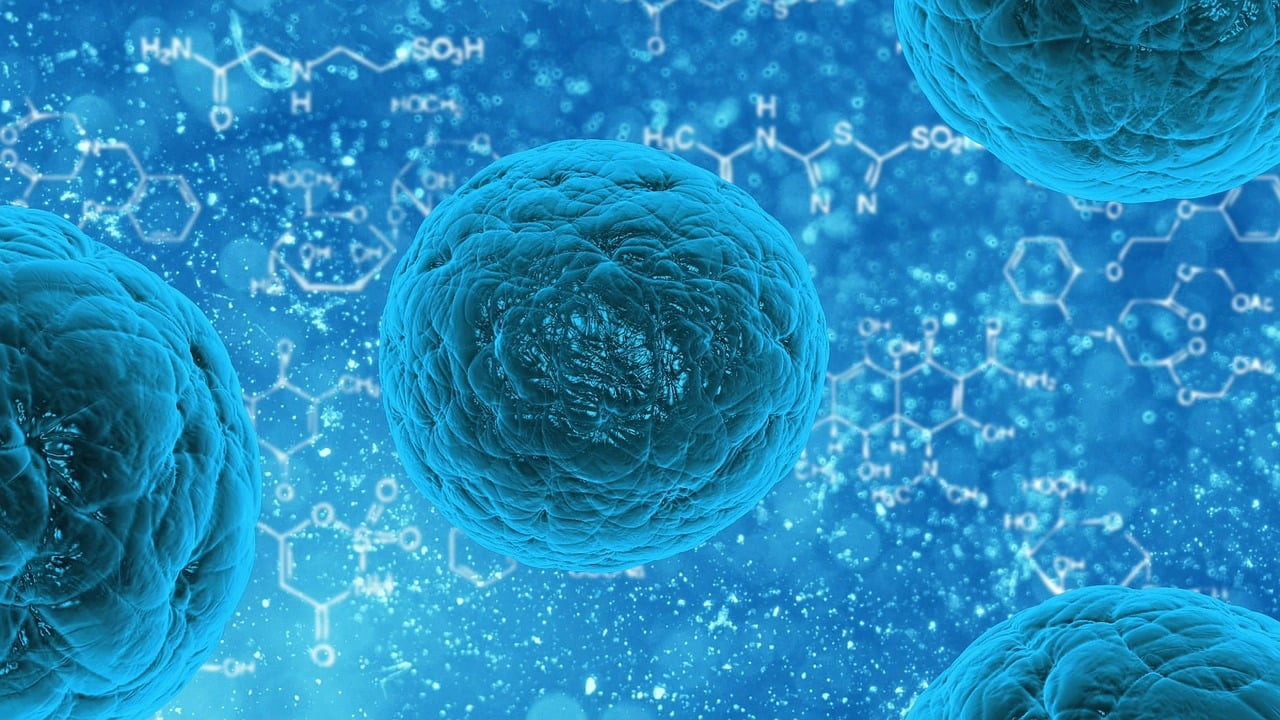
Development and application of DNA detection technology for pollen in aerosols
- 【keywords】
- Pollen, DNA metabarcoding, Environmental remote sensing, Environmental DNA
- It is said that one out of every three Japanese people currently suffers from hay fever. Therefore, many people may not have a good image when they hear the word “pollen. However, pollen plays an important role in the ecosystem, and if we can learn enough about pollen, we can expect to create a rich society that coexists with nature. Therefore, in order to establish an efficient survey method for pollen dispersed in the atmosphere, this study attempts to combine two approaches: identification of pollen source plant species using DNA metabarcoding technology and estimation of pollen dispersal pathways using environmental remote sensing technology. Once such information is available, it is expected to be useful in improving the efficiency of forest maintenance strategies. We have also taken advantage of the DNA metabarcoding technology in this study to isolate and analyze DNA from honey collected by honeybees in urban beekeeping to analyze nectar plants (Tanaka et al. 2020). This research is also a topic of research on “environmental DNA,” a topic that has been frequently discussed in recent years.
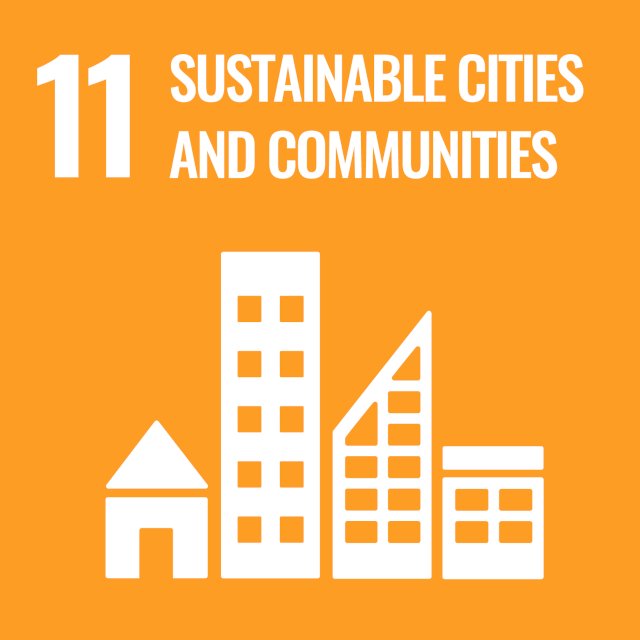


Development and application of DNA profiling technology
- 【keywords】
- Individual identification, Microsatellite, MiCAPs, DNA markers, Database
- With the advent of next-generation sequencers, the cost, time, and effort of whole genome analysis have been greatly reduced, and today it is called the “personal genome era” in which genome information can be easily obtained for individuals. In this study, we have previously developed an analysis method called “MiCAPs (Microsatellite Capture Sequencing)” (Tanaka et al. 2017, 2018). Therefore, along with improving the accuracy of MiCAPs, we intend to support DNA marker development and database development, and expand the technology to be useful in ecology and forensic science.
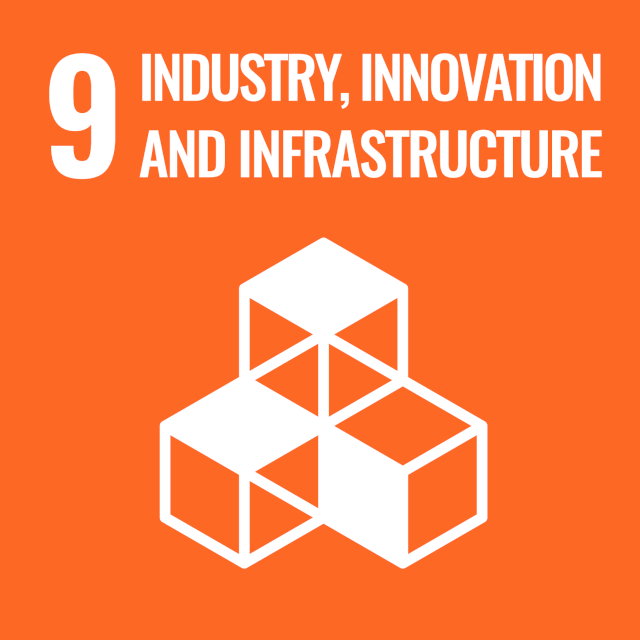


Access
Faculty of Informatics, Department of Informatics,
Tokyo University of Information Sciences,
4-1 Onaridai, Wakaba-ku, 265-8501 Chiba, Japan
